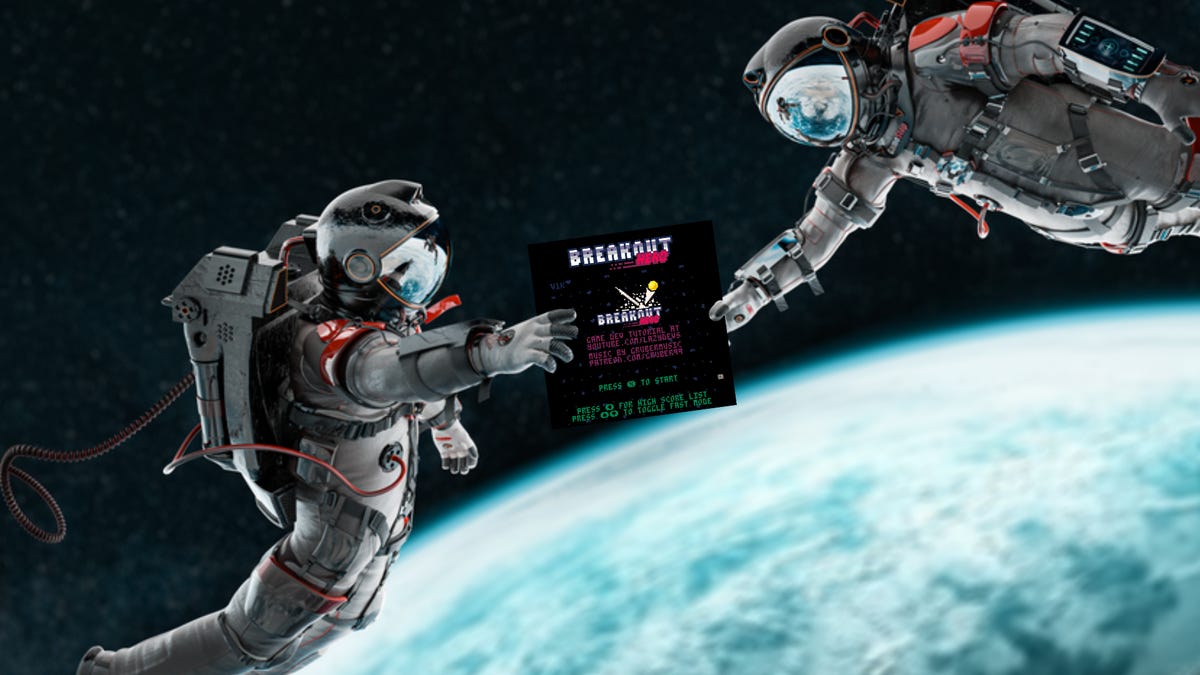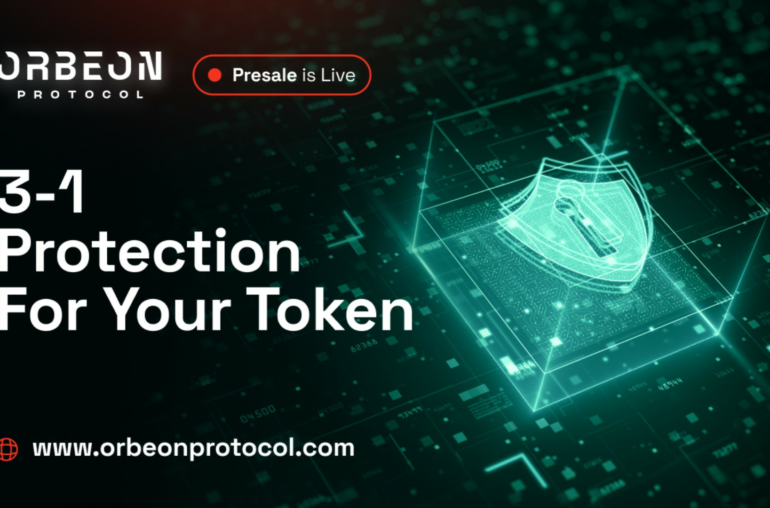Advertisement
GameStop has once again proven with their NFT shenanigans that an unregulated market built on planet-destroying technology is, and this may shock you, not a terribly great idea. In a thorough report from Ars Technica, the GameStop NFT marketplace is yet again the topic of controversy as an NFT minter on the platform has been caught selling NFT-ified versions of HTML 5 games of which he himself did not make and had no permission, whatsoever, to sell them. Oh, and here’s the fun part, these games will probably live forever on the blockchain now!
GameStop has had a number of struggles in recent years as it has tried to stay competitive and relevant. Its recent experiment has been to try and make waves in the NFT space, launching a marketplace for digital assets while still being awful. The marketplace has not been without controversy, including a recent NFT that featured art similar to an image of a person falling to their death during the attacks on the World Trade Center on September 11, 2001. The latest round of nonsense to come out of the store, however, involves a man named Nathan Ello and his NiFTy Arcade NFTs, which aim to provide some interactive fun to an NFT…but he didn’t seem to stop and ask if he had permission to use games that were developed by other people for this project, much less if he had the right to even make money off of them.
Speaking to Kotaku, Nathan Ello declined to comment on this story.
Kotaku has reached out to GameStop for comment.
NFTs have been the subject of theft and questionable ownership for some time. If it’s not an NFT previously owned by a celebrity being stolen, hence throwing intellectual property into a giant gray area, then it’s someone minting NFTs with art that isn’t theirs. The alleged security of NFTs has also been blown apart by phishing schemes and clever hackers. The secure and traceable future of commerce via the blockchain has been very unsecure and it’s been super hard to pin down bad actors. And this latest controversy concerning GameStop and the NiFTy Arcade is just yet another example of that messiness. Meanwhile, the industry insists on selling, using, and praising NFTs despite overwhelming negative reaction and humiliating failures.
As Ars Technica first reported today, Ello’s “NiFTy Arcade” NFTs were meant to be “fully playable from an owner’s crypto wallet” or on the GameStop marketplace itself. This at least seems to make a bit more sense than a simple JPEG. Instead of just purchasing a “link” to an image that you apparently “own” some part of, at least you get to play a fun little HTML 5 game while you burn the planet down.
That fun, however, comes with the added bonus that the NiFTy Arcade featured games entirely developed by other people who never gave any permission for their work to be used in this way or profited off of. In fact, many of these games, such as Worm Nom Nom can be found on Itchi.io with a very clear Creative Commons license that doesn’t allow for commercial uses.
Perfect for life on-the-go.
Active Noise Cancellation blocks out unwanted sounds, helping you keep your focus wherever you are; Low latency Ambient Sound mode picks up the sounds you want to hear, so you always have the perfect audio level for every moment.
The backlash was fierce, with several developers stating that they felt ripped off by NiFTy Arcade. Krystian Majewski, developer of Breakout Hero, said in a statement to Ars Technica, that his work was “sold for profit without my consent.”
Ello has stated on Twitter that in some cases, inconsistencies with licensing language for other titles surely meant that he did no wrong in just taking them.
As Ars Technica detailed in their report, Ello has had his minting privileges suspended on GameStop’s marketplace and the NFTs in question have been taken down from the platform.
On top of that, through the wonderful magic of NFTs and the mighty blockchain, these minted games might just live on forever, where they can be bought and sold on other crypto marketplaces. GameStop’s NFTs use an “Interplanetary File System,” (IPFS) which would sound cool if that tech wasn’t enabling others to continue to buy and sell NFTs with no apparatus to check and verify the content or any legal issues surrounding them. It’s not entirely clear how GameStop verifies or spot checks the NFTs that arrive on its marketplace, though their terms of service state that the buyer is responsible for verifying the authenticity of the NFT, not GameStop:
You are solely responsible for conducting research on an NFT, as well as understanding seller’s terms and conditions of the potential purchase or sale of the NFT, prior to purchase or sale. Such research includes, but is not limited to, verifying the authenticity and veracity of seller’s claims and description of the NFT, such as ownership, uniqueness, intellectual property, licenses, scarcity, rarity, value, and functionality. None of the GameStop Entities (defined below) endorses any NFT or makes any claims regarding the authenticity, ownership, uniqueness, intellectual property, licenses, scarcity, rarity, value, functionality and/or other attributes or rights thereto.
But even if there is a thorough vetting process on GameStop’s end, through the blockchain, IPFS file hashes can be accessed on any active node across multiple servers. It’s a Pandora’s Box of art theft.
That may be the nature of the NFT beast, but GameStop isn’t totally off the hook here. As Ars Technica found out, you can still very much access the unlicensed NiFTy Arcade games on GameStop’s servers. All you need is the correct link to and you can continue to access these NFTs anyway. Joseph White, creator of the PICO-8 game engine that powers the pixel games that Ello appropriated for his NiFTy Arcade games, has spoken out against GameStop, telling Ars Technica that the video game retailer doesn’t offer any sort of clear way to takedown an NFT that infringes on the copyrights of others. He’s filed DMCA requests, but they seem to have met a dead end.
Kotaku has reached out to Joseph White for comment.
Guess ya gotta be a bit more wealthy for a DMCA takedown request to have any sort of effect; what a fair system! Maybe if I mint some Metallica songs, Lars Ulrich will step in to put a stop to all this nonsense.


